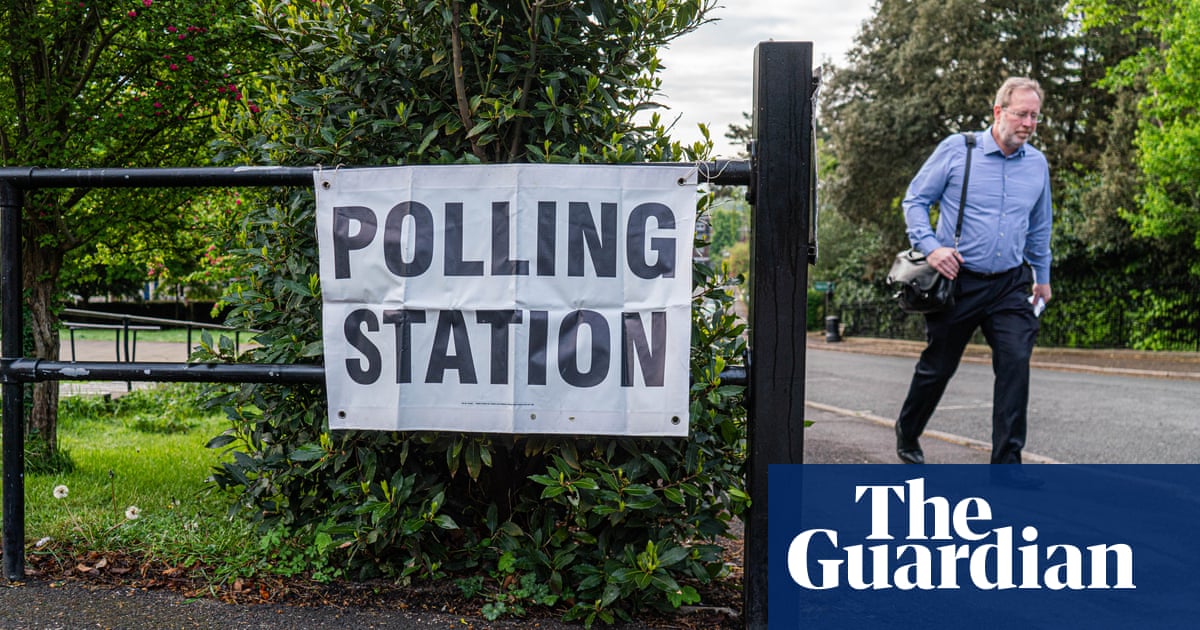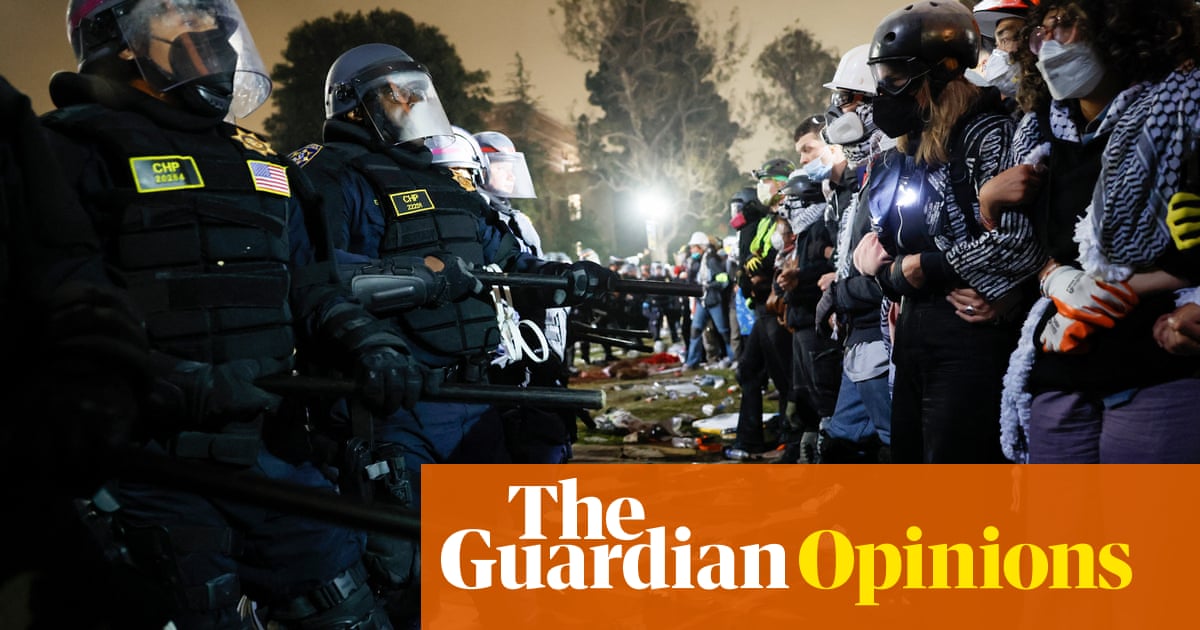On a recent Saturday at an auditorium in Nairobi, a rapt audience of more than 600 people held their breath as the revered Kenyan statesman and independence activist Tom Mboya walked out of a pharmacy with his friend Mohini Sehmi.
Gunshots rang out. “Did you hear that?” a panicked Sehmi asked Mboya, who slowly collapsed to the ground. “Tom! Tom! Tom!” she called frantically, realising that he had been hit.
The scene is part of a play that captures Kenya’s transition to independence through the extraordinary life of Mboya, who, among other things, was a strident campaigner against government corruption before his untimely death in a suspected political assassination at the age of 38. It is one instalment of a wider series retelling Kenya’s history called Too Early for Birds (TEFB), first performed in 2017.

Audience participation is encouraged, and amid the oohing and ahhing and booing and laughing there are occasional shouts of a phrase that brings the past directly into the present: “Ruto must go.”
Kenya has been roiled in recent months by the deaths and abductions of people accused of involvement in a series of mass anti-government protests. These began on 18 June in opposition to proposed tax rises but broadened to encompass wider calls for reform, partly in response to the way the initial demonstrations were violently suppressed. Many of those present chanted for the resignation of the president, William Ruto.
On top of the dozens of people killed during the protests, scores more were forcibly abducted or went missing. Between June and December, 82 cases of enforced disappearances were recorded by the Kenya national commission on human rights. Some of those declared missing have resurfaced alive. Others have either been found dead or not found at all.
The protests constituted the biggest crisis in Ruto’s presidency. He eventually scrapped the finance bill that contained the proposed tax rises and sacked almost all of his cabinet in an attempt to bring the situation under control, all while dismissing reports of police abductions.

Photograph: Edwin Ndeke/The Guardian
Since September the street demonstrations have slowed down, but the wave of killings and abductions – and associated anger towards the police and the government – has continued.
“A lot of the events that we describe in Mboya are still happening almost in the exact same way today,” said Mugambi Nthiga, the play’s director and co-writer. “It was necessary to show people that only the calendar time has changed. You still have an old guard that benefits from oppressing, disenfranchising and stealing from the major populace, and young people need to rise up and present an alternative.”
The play spans Mboya’s entire life, from his childhood on a colonial farm to his death outside a pharmacy in Nairobi in 1969. Having risen to political power by leading negotiations for independence against the British at Lancaster House, he went on to build Kenya’s trade union movement, start a programme to send Kenyans to American universities, and much more besides. He was minister for economic planning and development at the time of his death.
The latest production of Tom Mboya is just one of a series of recent stage shows that offer audiences the opportunity to draw parallels between historical and present-day events. Others include the musicals Dedan Kimathi, about the eponymous Kenyan freedom fighter, and Sarafina!, about opposition to apartheid in South Africa.

Abu Sense, co-creator of TEFB and an actor in the Tom Mboya play, said: “It’s almost as if we’re making Kenya into a character and giving it a persona, [allowing audiences] to know where Kenya came from and how we’re supposed to move forward.”
Ngartia, another TEFB co-creator and actor, said Mboya’s rise from an ordinary childhood and the fact that he had character flaws just like anyone else make him a potent trigger for the notion that individuals can effect change or, as Ngartia put it: “I don’t have to be perfect to participate.”
“There is no superman,” he added, quoting a line from the play. “It doesn’t take one man to turn the conscience of a nation … We actually have to go out there and eat that teargas ourselves.”

Gathoni Kimuyu, the creative director of TEFB, said the similarities between Mboya’s impactful rise as a young man and the present-day accountability movement being driven by people in their 20s shows “we’re not far from what our history is”.
“I hope it makes the younger generation realise that the things Mboya did and dreamed of are also in their reach,” she added.
Beldine Moturi, a 25-year-old software engineer, said after watching the play that it had taught her the importance of “decentralising revolution [from] around one person” and that everybody has to play a role to change a country’s course. “It is everyone, as we’re seeing with the protests,” she said. “It is each and every individual taking their part and doing their part.”
TEFB is building on a body of Kenyan political theatre that goes back to the 1970s with writer Ngũgĩ wa Thiong’o’s Kamiriithu theatre group, which staged plays depicting the brutality of the British colonial administration and critiquing the administration of independent Kenya. The government eventually banned the group.
“What we’re doing – scene by scene, story by story, laughter by laughter, tear by tear – is healing bits of this common body we call a nation,” said Ngartia.
In the play’s closing scene, the Mboya character, played by Xavier Ywaya , reappears and walks to the front of the stage. “We have a right to be free,” he says. “We have always had the right.”

.png) 2 months ago
34
2 months ago
34













































